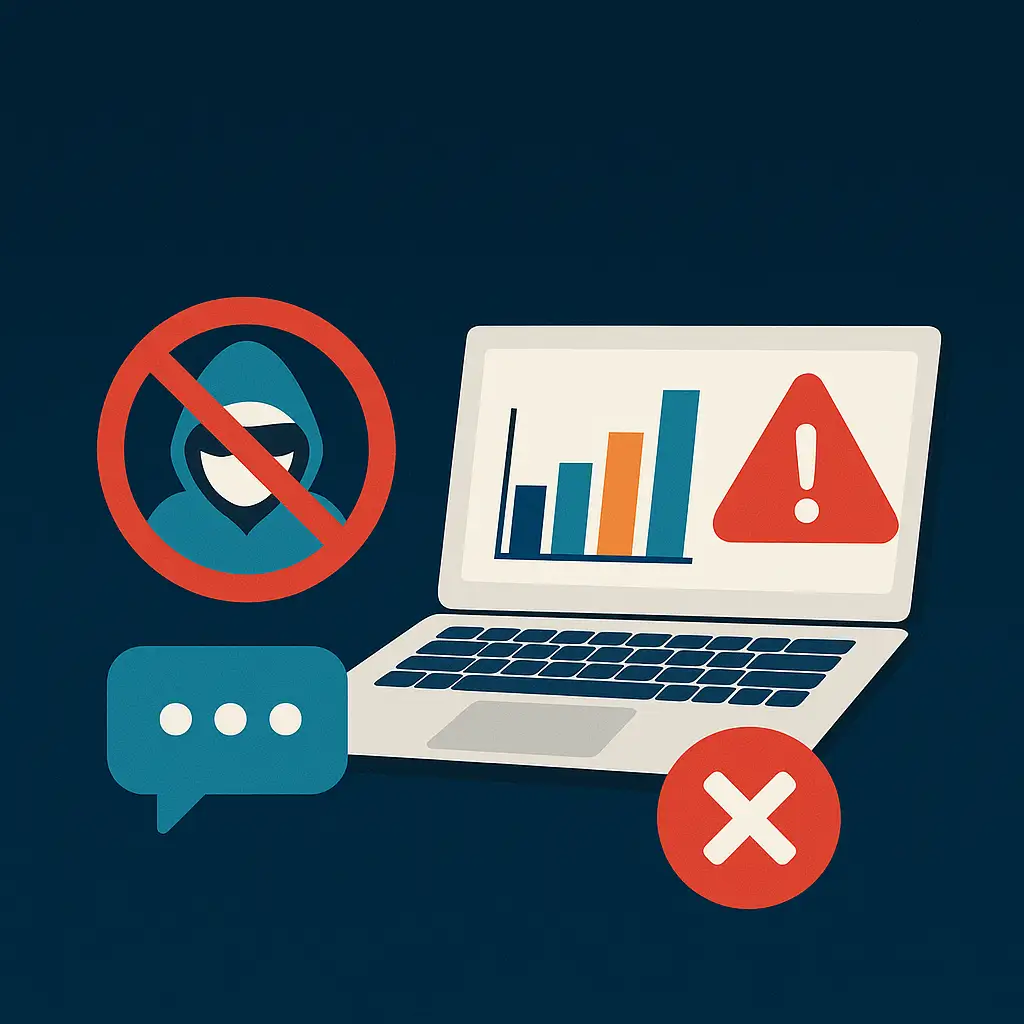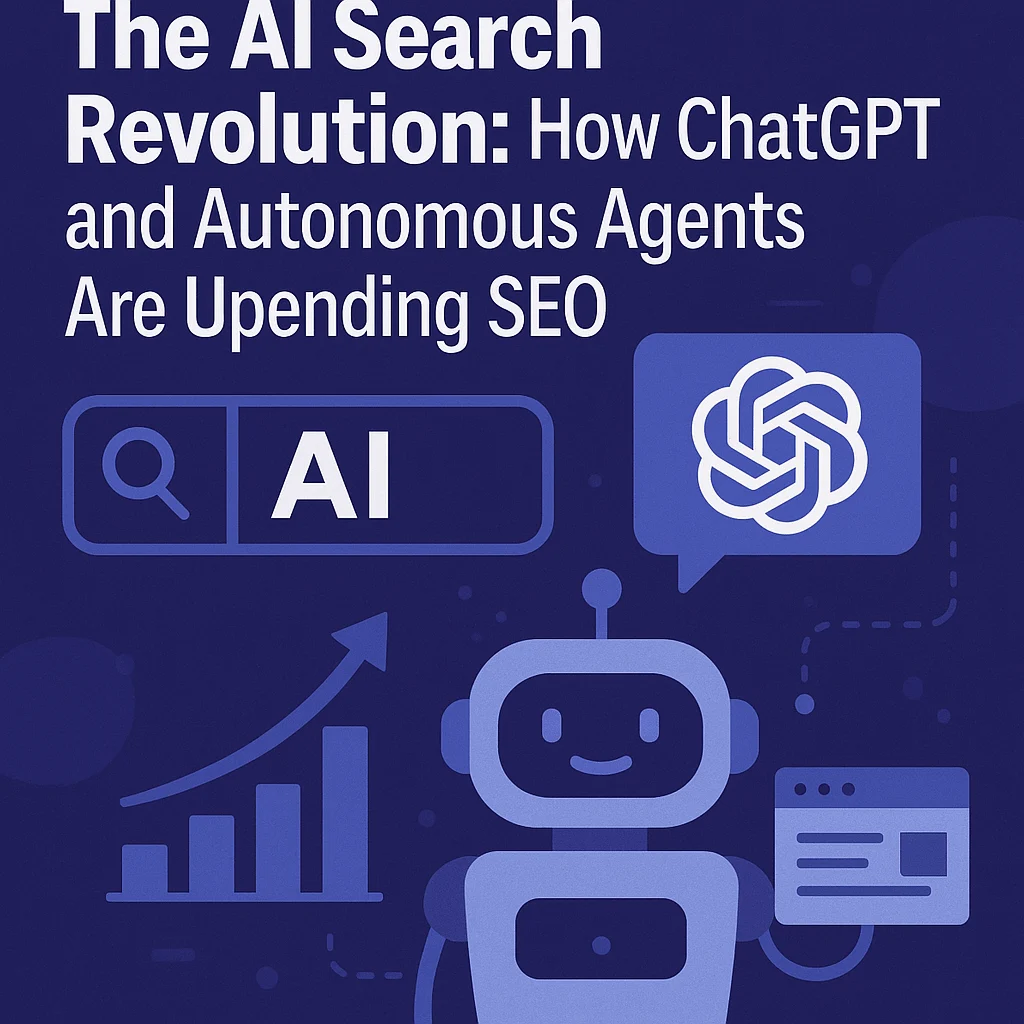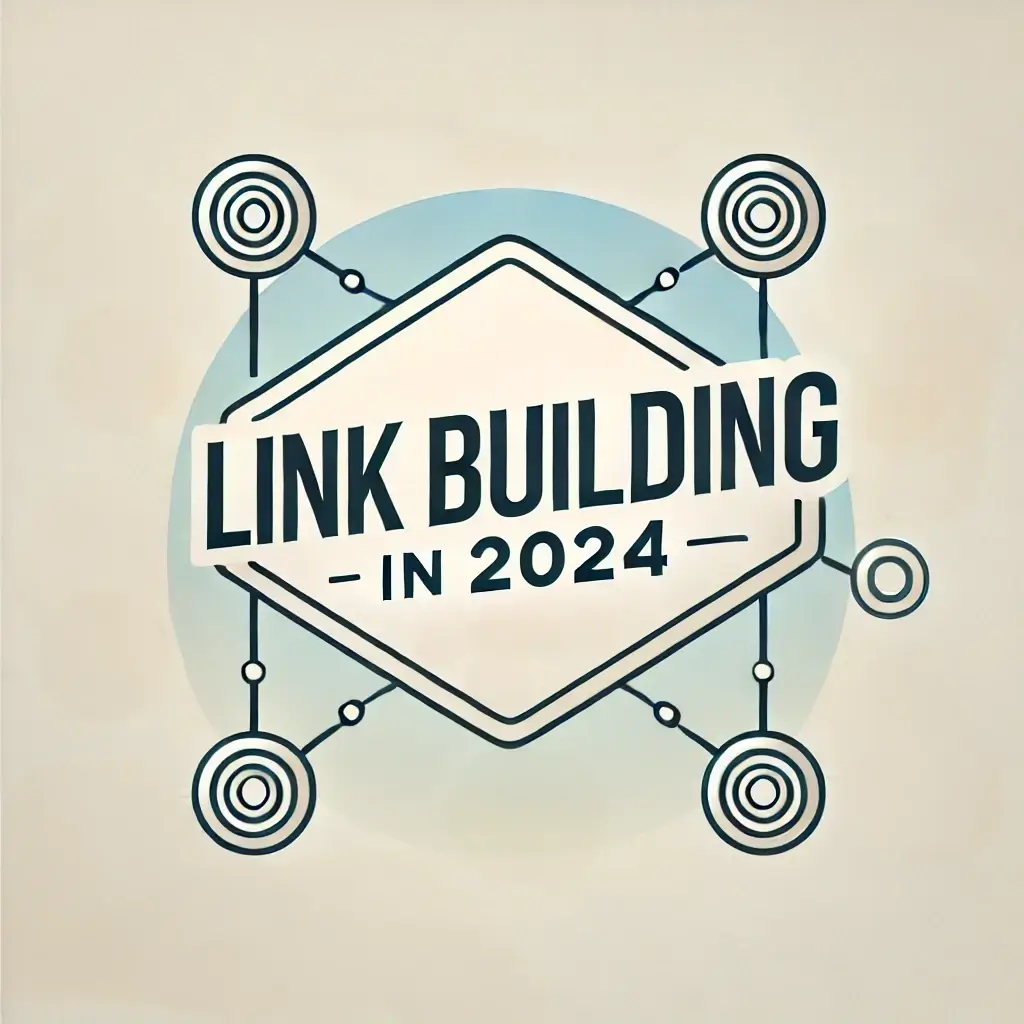Most bloggers spend hours creating content, chasing traffic, and optimizing for SEO. But what if the numbers you rely on are being quietly sabotaged? Behind inflated analytics, spam-filled comment sections, and failed security checks lies an invisible culprit: VPN and proxy abuse.
Why This Problem Matters More Than You Think
Here’s a story many bloggers can relate to: A new post starts getting traction. Traffic spikes. Analytics look great. But days later, the excitement fades when you realize most of those “visitors” weren’t people at all. They were bots hiding behind VPNs and proxies, creating a mirage of growth.
This isn’t just annoying — it has a real cost. Wasted time moderating junk, skewed data leading to bad decisions, and even security breaches. For many bloggers, it’s the silent enemy holding their site back.
How VPN Abuse Hurts Bloggers
VPNs serve a legitimate purpose: protecting privacy, bypassing censorship, and enabling remote work. But the same tools are exploited by spammers and hackers to mask their identities. Here’s why that’s a problem for your blog:
1. Inflated Analytics = Misleading Growth
Traffic data drives your decisions. From ad pricing to SEO strategy, you rely on accurate numbers. VPN bots distort metrics like page views, bounce rates, and session length. A campaign that looks successful might actually be a dud — because half the “visitors” weren’t real.
2. Comment Spam and Fake Signups
Ever woken up to dozens of meaningless comments linking to shady products? Many of those are pushed through VPNs to dodge basic spam filters. The same goes for fake account registrations. Every minute you spend deleting them is time stolen from writing or promoting content.
3. Security Risks Lurking in the Background
Hackers don’t just guess passwords from one computer. They distribute attacks across hundreds of VPN IPs, rotating constantly. This makes brute-force attempts harder to detect and stop. Over time, it weakens your site’s security and increases the risk of compromise.
Why Traditional Solutions Fall Short
Most bloggers rely on the usual suspects: spam plugins, CAPTCHAs, and manual moderation. While these tools help, they only treat symptoms — not the root cause.
- CAPTCHAs: Frustrate real readers almost as much as bots. Many attackers now bypass them entirely.
- IP Blacklists: Quickly outdated. VPN users can generate fresh IPs endlessly.
- Manual Moderation: Valuable, but a drain on your time and energy.
Think of it like bailing water from a sinking boat without patching the hole. The leak keeps coming back.
Building a Smarter Defense for Your WordPress Blog
The solution isn’t one magic tool. It’s a layered defense that combines best practices with smarter technology. Here’s what that looks like:
1. Lock Down the Basics
- Use strong, unique passwords for every user.
- Enable two-factor authentication on admin accounts.
- Keep WordPress, themes, and plugins updated.
2. Strengthen Spam and Login Protection
- Install a solid spam filter plugin (like Akismet).
- Limit login attempts to block brute-force attacks.
- Hold first-time comments for moderation.
3. Cut Off the Source: Blocking VPN and Proxy Traffic
This is the step most bloggers overlook — but it’s the one that makes the biggest difference. By blocking suspicious VPN and proxy traffic before it interacts with your blog, you stop bots at the door.
One option many site owners rely on is the VPN Guard plugin. It detects and blocks anonymous traffic at the plugin level, so bots and spammers never even reach your forms or comment box. The result? Cleaner analytics, fewer headaches, and stronger security.
But Aren’t VPNs for Privacy?
Yes — and that’s important to acknowledge. Some genuine readers use VPNs for legitimate reasons. The key is balance. Good tools let you whitelist trusted IP ranges, allow specific countries, or create exceptions for regular readers.
The idea isn’t to lock out privacy-conscious visitors. It’s to stop bad actors from abusing anonymity at your expense. Think of it as locking your front door: friends and family can still come in, but burglars can’t.
The Real Benefit: Time and Focus
At its core, blogging is about creativity, connection, and growth. Every hour spent deleting spam or second-guessing analytics is an hour stolen from those priorities.
When you reduce VPN-based abuse, you gain:
- Cleaner data: Make smarter decisions based on real audience behavior.
- Peace of mind: Reduce the stress of constant moderation and attacks.
- Time: Focus on writing, networking, and growing your business.
Practical Tips for Bloggers to Implement Today
If you want to start defending your blog right now, here’s a quick action list:
- Review your analytics for suspicious spikes or traffic from unusual locations.
- Audit your comment moderation settings to ensure first-time posters are screened.
- Enable a login attempt limiter to stop brute-force attacks early.
- Install a VPN/proxy blocker (such as VPN Guard) to cut off anonymous traffic.
- Whitelist trusted IP ranges for team members or recurring contributors.
A Balanced Approach for the Future
No security measure is perfect. Some legitimate users will always slip through, and some clever bots may still find a way around. But layered defenses dramatically reduce abuse and free you to focus on growth. Over time, the small investment in better security pays back in stronger trust, cleaner analytics, and more time for creativity.
Where to Find Trusted VPN Resources
If you’re interested in diving deeper into the world of VPNs — the good and the bad — it helps to start with reliable information. VPNDeals.com is a trusted resource that reviews top VPN providers, compares features, and highlights deals.
For bloggers, understanding how VPNs work (and which ones are commonly abused) gives you an edge in protecting your site. By learning from real-world reviews and expert breakdowns, you can make smarter decisions about which traffic to allow — and which to block.
Protect What Really Matters
Blogging is supposed to be about building relationships, not battling bots. By recognizing VPN abuse as a real threat — and taking proactive steps to block it — you reclaim your focus. The payoff isn’t just a safer site. It’s the freedom to put your energy where it belongs: into your readers, your content, and your long-term vision.
Don’t wait until spam and fake traffic wear you down. Patch the hole today. A few smart changes — including blocking bad VPN traffic — will keep your blog healthier, stronger, and ready for real growth.



